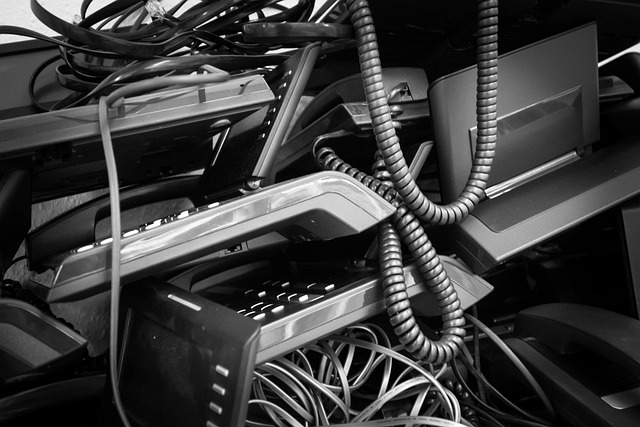In today’s digital age, the rapid advancement of technology has led to an undeniable surge in the production of electronic waste, also known as e-waste. From smartphones to laptops, each year we accumulate more gadgets than we can manage, resulting in a staggering amount of discarded electronics. This issue poses a significant challenge for sustainable development, especially when considering the impact of our ecological footprint.
Electronic waste is not just a nuisance; it is a ticking time bomb for our environment. Many electronic devices contain hazardous materials such as lead, mercury, and cadmium that can leach into the soil and waterways, causing long-term ecological damage. To tackle this issue, a revolutionary approach to recycling must take center stage, focusing on effective electronic waste management. By harnessing green technologies, we can not only minimize the waste generated from these devices but also recover valuable materials such as gold, silver, and rare earth elements that are essential for future technology.
Innovative recycling technologies have emerged, making it possible to process e-waste efficiently. These green technologies contribute significantly to reducing our carbon footprint. For instance, advanced shredders and separation technologies can break down electronic devices into smaller components, allowing for a more efficient extraction of recyclable materials. Moreover, new methods like hydrometallurgy and bioleaching leverage chemical processes to recover metals without the harmful environmental consequences traditional mining often entails.
As we strive for a carbon-neutral future, the role of electronic waste recycling becomes even more critical. By committing to proper e-waste disposal and recycling, individuals and organizations can collectively decrease greenhouse gas emissions. Communities that prioritize e-waste management not only protect the environment but also foster economic growth by creating jobs in the recycling and refurbishment sector.
Moreover, raising awareness about the importance of responsible electronic waste management is essential in driving this revolution. Educating consumers about the impact of improper disposal, along with offering convenient recycling options, can empower individuals to act. Many organizations are engaging in initiatives to collect and recycle old electronics, making it easier for everyone to do their part.
Embracing a circular economy is vital for sustainable development. This approach encourages us to extend the lifecycle of electronic products through repairs, upgrades, and refurbishments. By reducing reliance on new gadgets and embracing sustainable consumption, we can significantly lessen our overall electronic waste generation. Individuals and companies can make conscious choices, opting for refurbished devices and supporting brands that prioritize eco-friendly practices.
In a world increasingly reliant on technology, the challenge of electronic waste must be met with innovative solutions and a strong commitment to sustainability. The journey toward a carbon-neutral future is complex, but the role of effective electronic waste management is an empowering starting point. By revolutionizing our approach to recycling, we can create a positive ecological impact, ensuring that the digital age supports rather than jeopardizes our planet.




